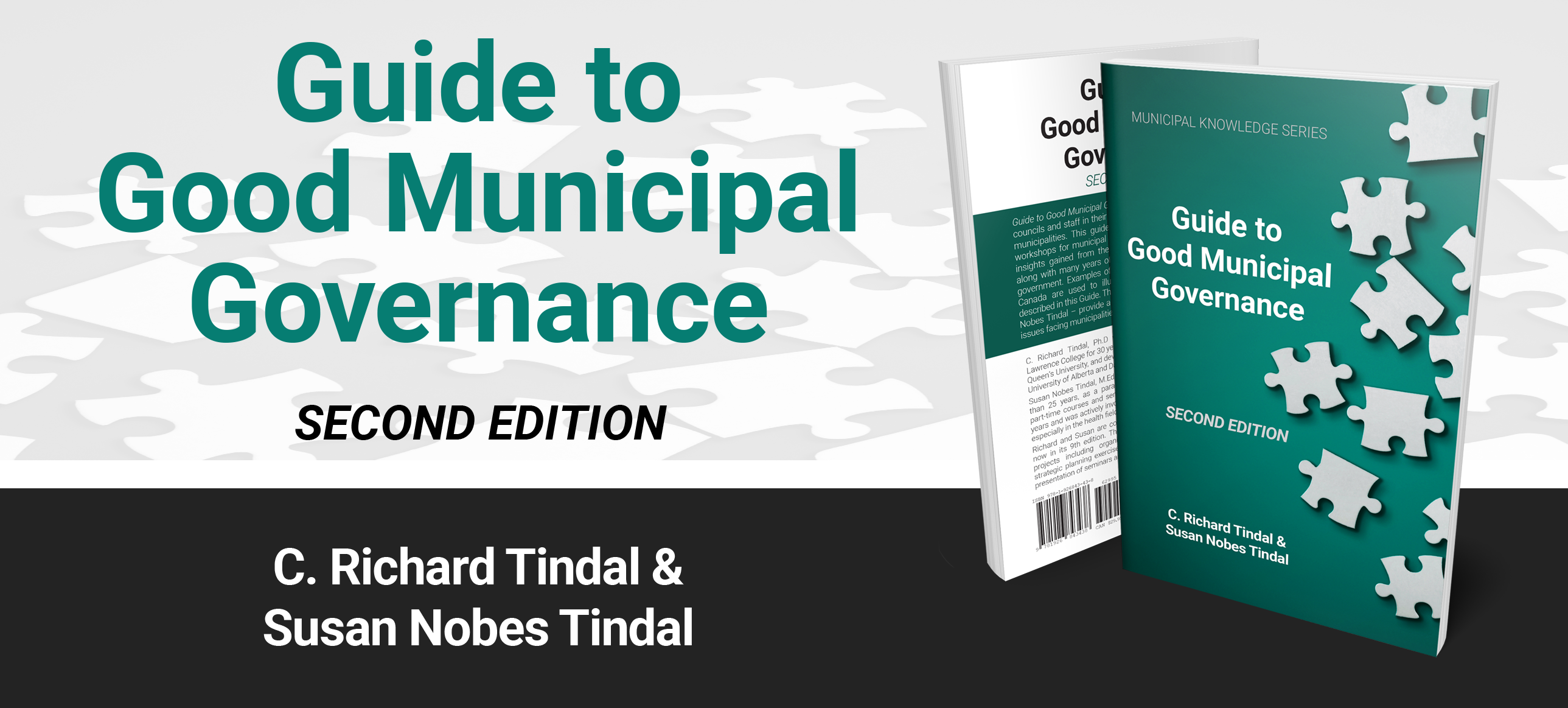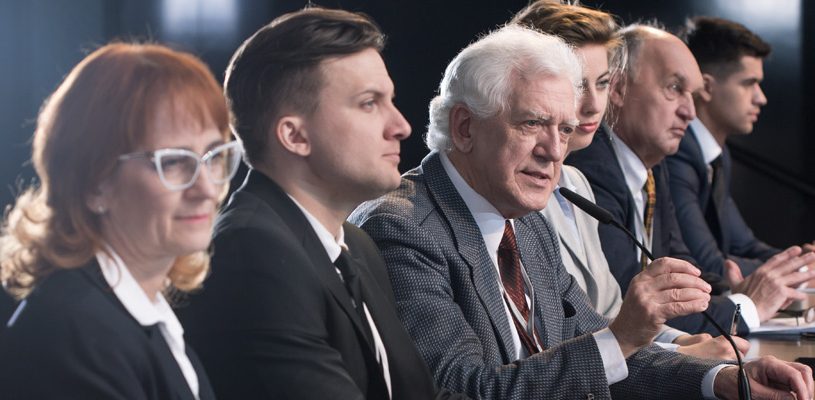Municipal World Report: Diverse Topics, Important Issues Headline OEMC 2018 Conference

The conference was set against the backdrop of a rapidly changing political situation in Ontario. And, as keynote speaker Liane Davey noted, change can have a profound impact on organizations in public and private sectors alike. Thus, managing change is of the utmost importance.
Davey says there are two types of people who need to be managed through the change process. The first are those that she calls “too comfy to care.” They’ve been through too much, they think that they have limited capability to learn more, and they want to rest on what they’ve always done. The other group is described as “too anxious to act.” They’re so engaged in change that it’s difficult for them to get anything done. Both have to be managed differently to get optimal results.
As leaders, it’s vital to take care of your own resilience. Change is a stressful time for managers, too. Focus on your own energy – eat well, sleep, and exercise. It gives you the patience and energy to be the leader that people need. Interestingly, it’s the first thing to go out the window in challenging times. (For more on Liane Davey’s presentation, see the full story at: https://www.municipalworld.com/feature-story/rapid-pace-change-means-municipal-leaders/.)
Diverse Topics for Thought, Discussion
One of the most valuable opportunities afforded to delegates were the depth and breadth of sessions available. Over 40 sessions were presented over two days, giving municipal leaders an opportunity to gain valuable insights on a host of topics. Some of the highlights included:
Essentials of Continuity of Operations for Municipalities – Disasters happen, and while there are a number of set things that have to be done to ensure that residents are safe and secure, maintaining continuity of operations is essential to ensuring the capacity to provide key services. By focusing on highlighting the technical details of an operational plan, what details have to be considered, and taking an interactive approach, the session ensured that leaders had to opportunity to consider best practices for their own communities. This interactive session by Cythnia Wenn engaged participants to think about some of the critical challenges of operations during a disaster, and provided plenty of room for discussion.
Community Safety and Wellbeing Planning – the Small Town Approach – Not only is community safety and wellbeing planning required by incoming legislation, it’s an important practice. As the number of services calls rise, the vast majority of calls are non-chargeable. Their root often lies in circumstances related to “determinants of health and wellbeing” (i.e., housing, mental health, poverty, etc.) – which means that it’s not just the police, the municipality, or any one group that can be responsible for solving the problem and a solution requires the development of plan and coordination with a number of providers across a variety of sectors. Led by Lianne Sauter of the Town of Bancroft, the presentation focused on Bancroft’s experiences as a pilot community, exploring their development of a plan, some of the key outcomes, and takeaways for municipalities about developing their own model.
Marijuana in the Workplace – Come October 17, municipalities face a number of challenges – not just related to by-laws and enforcement, but also as employers. There are big questions that municipalities will face from the HR/Health and Safety perspective … and not having a solid foundation, and not working diligently to get them right will have profound consequences. Led by Jeff Pajot of PSHSA, the presentation touched on a few of these relevant topics, including developing a “fit for duty” policy for the organization, how to keep employees safe, the responsibilities that municipalities have as employers should an employee be impaired, and how to handle medical issues (not just medical marijuana, but also issues around addiction).
Governance Changes – Significant legislative changes are coming that will have an impact on governance. Led by Nigel Bellchamber and Fred Dean of Amberley Gavel, some of the topics and issues addressed included:
- Integrity commissioners (the requirements, what a municipality should be looking for, and the commissioner’s responsibilities)
- Municipal Conflict of Interest Act changes (change to investigative responsibility of Integrity commissioner, new complaints procedure, registry of declared interests)
- Closed meetings (now a clear definition of meeting, what can and can’t be done in closed meetings according to the Municipal Act, 2001)
- Transition from OMB to LPAT (Key takeaway: focus is going to be on the documentation – make sure you have it)
- Councillor compensation (changes to tax exemption – how and when to look at councillors’ remuneration)
- Cannabis
- Pending disruption (new provincial government, upcoming federal election, budget 2019, NAFTA, and more … it won’t be “business as usual” for municipalities)
Provincial Government Presence
The conference was attended by two key members of the Ontario government: Thursday saw the Parliamentary Assistant for the Minister of Municipal Affairs (and former mayor of South Glengarry) Jim McDonell address the crowd, taking questions from the audience. Friday saw Minister of Municipal Affairs Steve Clark in attendance.
Moments from the #OEMC2018 Conference
Related resource materials:



